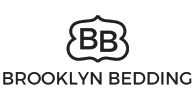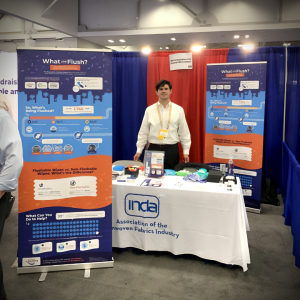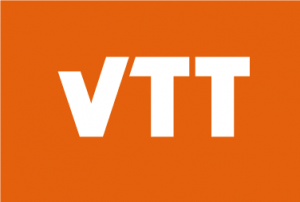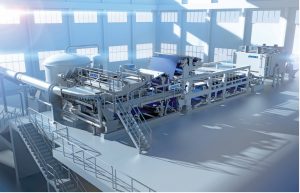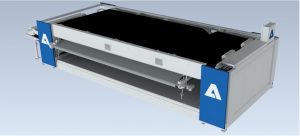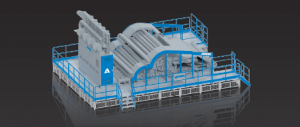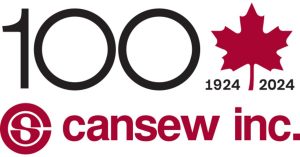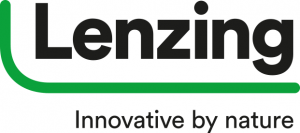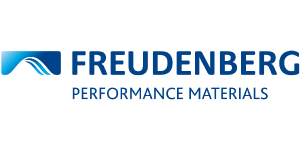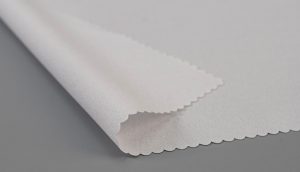![]() RALEIGH, N.C. — August 22, 2024 — After a long and productive first day of business, Techtextil North America kicked off the evening with an exclusive tour of NC State University’s Wilson College of Textiles. Participants were shown the state-of-the-art facilities for knitting, weaving, testing, and so much more.
RALEIGH, N.C. — August 22, 2024 — After a long and productive first day of business, Techtextil North America kicked off the evening with an exclusive tour of NC State University’s Wilson College of Textiles. Participants were shown the state-of-the-art facilities for knitting, weaving, testing, and so much more.
 The tour provided a fascinating glimpse into the cutting-edge technology and innovation that has been driving the industry forward and continues to shape its future. From there, festivities began at the Dorothy and Roy Park Alumni Center, where everyone enjoyed a lively night filled with entertainment, food, drinks, and even some spirited karaoke.
The tour provided a fascinating glimpse into the cutting-edge technology and innovation that has been driving the industry forward and continues to shape its future. From there, festivities began at the Dorothy and Roy Park Alumni Center, where everyone enjoyed a lively night filled with entertainment, food, drinks, and even some spirited karaoke.
Celebrating The Industry: Innovation Awards and Ceremony
During the second day of Tech Talks at #TTNA24, the Innovation Awards were presented. The Techtextil North America Innovation Award is designed to honor exceptional performance in various fields and recognize those that have pushed the boundaries of innovation. The ceremony offers the unique opportunity for exhibiting companies to highlight their latest advancements and enhance their visibility to the industry. These Innovation Awards were presented to:
- New Product Winner: emtec Electronic GmbH for the development of the “TSA Tactile Sensation Analyzer & Virtual Haptic Library”
- New Technology Winner: Microban for the development of “Akotech: A New Antimicrobial Technology for Filtration Media”
Congratulations to emtec Electronic GmbH and Microban! Don’t miss your chance to connect with these exhibitors in booths 1110 and 1321, respectively.
Sustainability-Centric Education: Tech Talks
Beyond the Innovation Awards Ceremony, Tech Talks continued to deliver a wealth of knowledge and ingenuity. The day’s schedule featured a series of insightful sessions, each offering valuable perspectives on sustainability and remediation. A few highlights from the day came with James Rapley from Microban, one of this year’s sponsors, sharing his expertise on how antimicrobials have historically played a part in filtration and advancing filtration methods for better protection and sustainability. The discussions continued with Advances in Post Consumer Textile Recycling and an overview of PFAS, making it a day rich in learning and meaningful dialogue.
Textile Connections: Global Hub
 Today at the Global Hub we had the pleasure of hosting an afternoon reception to provide a place to further build new business relationships.
Today at the Global Hub we had the pleasure of hosting an afternoon reception to provide a place to further build new business relationships.
A space for information on the many textile events worldwide, the Global Hub connected exhibitors and visitors in a relaxing environment. It is here where all can discover a comprehensive overview of our global textile exhibitions where you will have other opportunities to explore advancements and innovative solutions in the industry!
Posted: August 22, 2024
Source: Messe Frankfurt Exhibition GmbH

